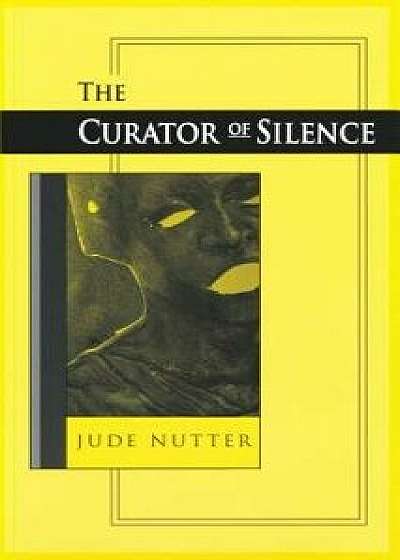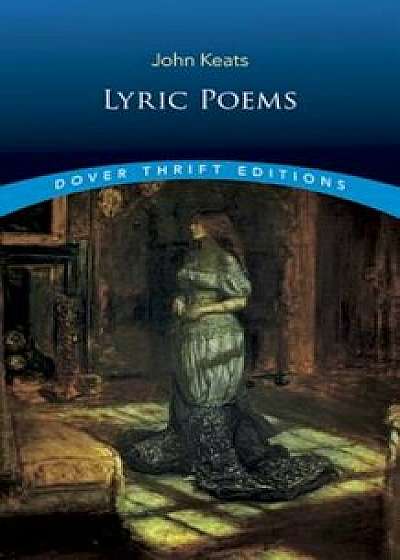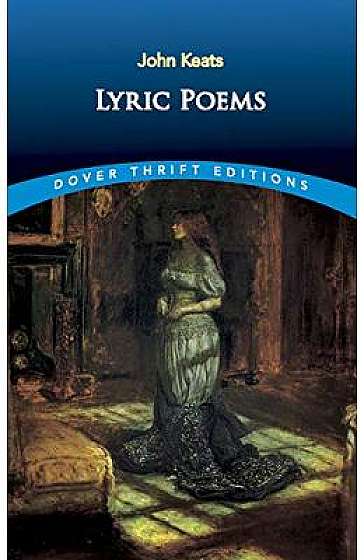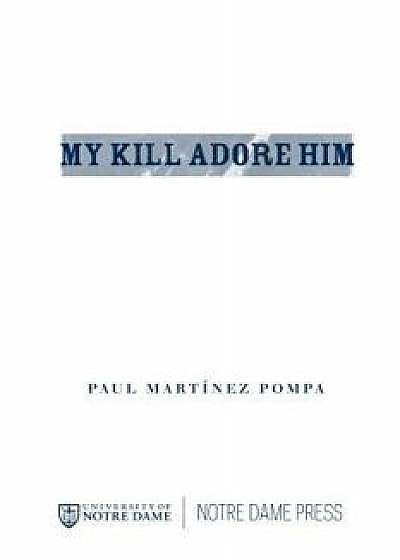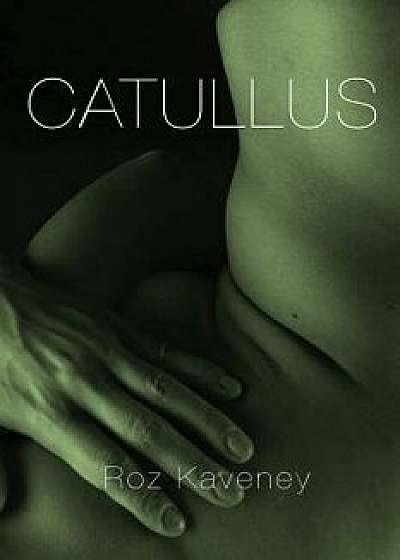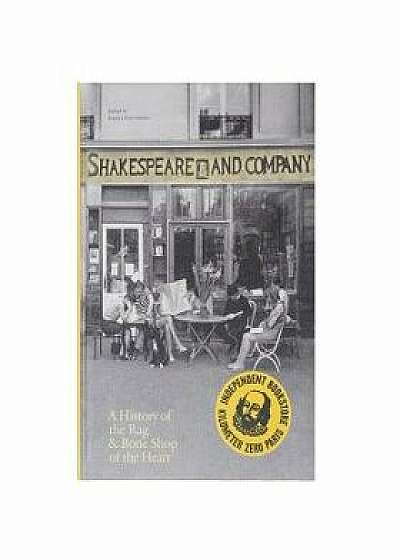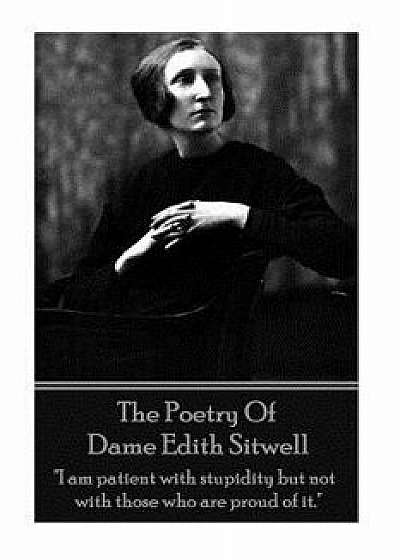
The Poetry of Dame Edith Sitwell: I Am Patient with Stupidity But Not with Those Who Are Proud of It., Paperback/Dame Edith Sitwell
Descriere
Dame Edith Louisa Sitwell DBE was born on 7 September 1887 in Scarborough in the North Riding of Yorkshire. Edith was the oldest child and only daughter of her wildly eccentric and unloving parents. Her father, believing she had a spinal deformation, imposed upon her a 'cure' which involved locking her into an iron frame. In 1913 Edith began to publish her poetry, her first was in the Daily Mirror; The Drowned Suns. Unconventional at best as a person her poems reflect this with her exotic costumes and dramatic style all hung on a six foot frame: many adored her, others thought her a poseur. In 1914, the 26-year-old Edith moved to a small, down at heel flat in Bayswater, which she shared with Helen Rootham, her governess since 1903. Between 1916 and 1921 she edited Wheels, an annual poetic anthology compiled with her brothers - a literary collaboration generally called "the Sitwells." Edith was engrossed by the distinction between poetry and music, and with Fa ade (1922), she created a series of abstract poems, the rhythms of which counter-parted those of music, set to music by William Walton. Fa ade was performed behind a curtain with a hole in the mouth of a painted face and the words were recited through the hole with the aid of a Sengerphone. The public were baffled by it. Edith spent her life unmarried, but in 1927 it is said she fell in love with the homosexual Russian painter Pavel Tchelitchew. The relationship lasted until 1928, the same year that Rootham underwent operations for cancer. In 1929 she published Gold Coast Customs, a poem about the artificiality of human behaviour and the barbarism that lies beneath the surface. The poem was written in the rhythms of tom-toms and jazz. In 1932, Rootham and Edith moved to Paris, where they lived with Rootham's younger sister, Evelyn Wiel. With the Second World War Edith returned from France. In a house with no electricity she wrote by oil lamp. These poems include Street Songs, The Song of the Cold, and The Shado
